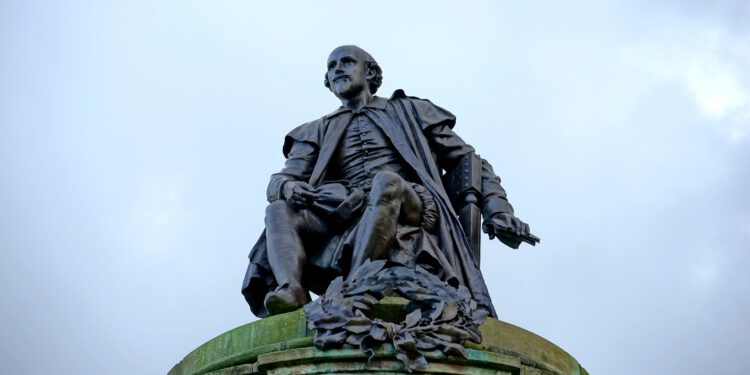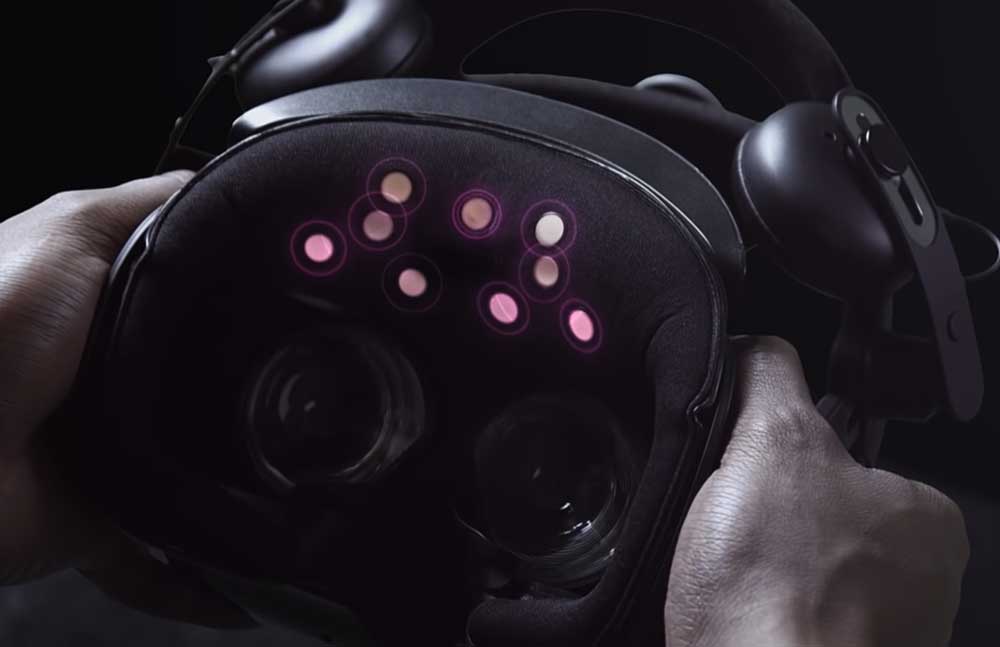There are parts of Henry VIII’s work that were not written by Shakespeare. This algorithm distinguishes what they are.
The ability of algorithms to identify patterns quickly and reliably has led many researchers to use them as forms of verification. An image recognition algorithm can check in which of them a house with a pool appears and one that recognizes texts can identify when the word “investment” appears, for example. Now, it is Shakespeare’s play that is under examination.
These are the simplest cases. But technology is advancing and applications are becoming more and more complex. Algorithms already exist able to dive into a text and determine if a publication is a fake news. At the Czech Academy of Sciences in Prague, Enter researcher Petr Plechác has created his own algorithm in relation to the study of texts.
This has nothing to do with fake news, although it has to do with checking. The work of Shkespeare, specifically one of them: Henry VIII. That was one of the last to be signed by the famous British playwright. It was published in 1613 and he died three years later.
His theatre company would be looking for a substitute or, at least, some collaborators to support the work of the author. And one of them was John Fletcher. Even in the cultural inertia of the Elizabethan era, theatre writers flourished in London, many of whom have fallen into peaceful oblivion over the centuries. It happened to Fletcher, like many others. Until the mid-nineteenth century, a literary critic compared his work with Shakespeare’s Henry VIII and saw similarities in style.

He concluded that parts of Henry VIII were written by Fletcher. An extreme that has confirmed Plechác’s algorithm, using machine learning for its deduction. System trained with Shakespeare’s plays written at the time, as well as Fletcher’s.
A tool to study past works
After training, the algorithm was able to determine which parts of Henry VIII were written by each author. He did it based on the style of each , denoted in certain patterns, such as Fletcher’s abbreviation of ‘you’ for ‘ye’.
The algorithm is not only useful for this particular case. P you might want to train yourself to identify the style of other authors. Something that would be useful in some historical times, such as the nineteenth century, when the novelistic folletines of newspapers made the pens of the most prolific authors could not cope and needed blacks to write with their signature.
Images: Mikesphotos, stmaciorowski









